Car accidents are a leading cause of injuries, back pain and suffering damages, one of the most common injuries that people experience in a serious car crash or auto accident is a pinched nerve. A pinched nerve from car accident or personal injury case occurs when a nerve is compressed or damaged, leading to a range of symptoms that can be debilitating. In this article, we will discuss the causes, symptoms, diagnosis, treatment, and recovery of a pinched nerve from a serious car accident victim, crash or car accident cases.
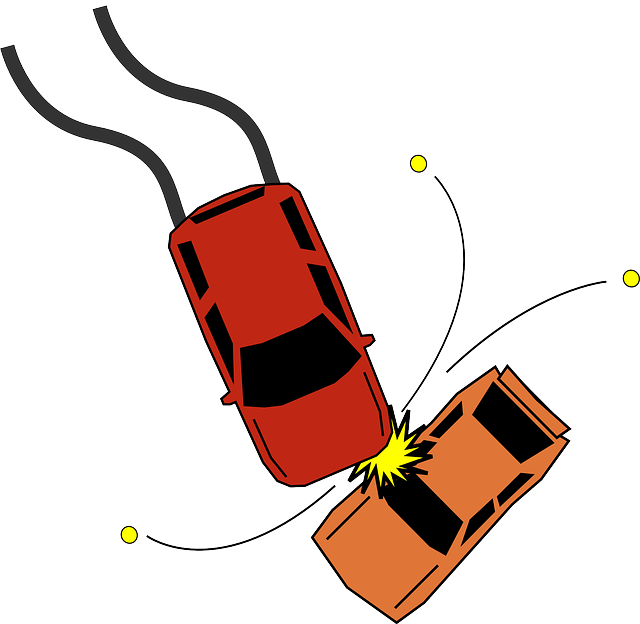
Introduction
Definition of Pinched Nerves
A pinched nerve is a nerve that is compressed or damaged, leading to a range of symptoms such as pain, tingling, or numbness. The compression can occur at various points along the nerve, such as where it exits the spine or passes through a muscle.
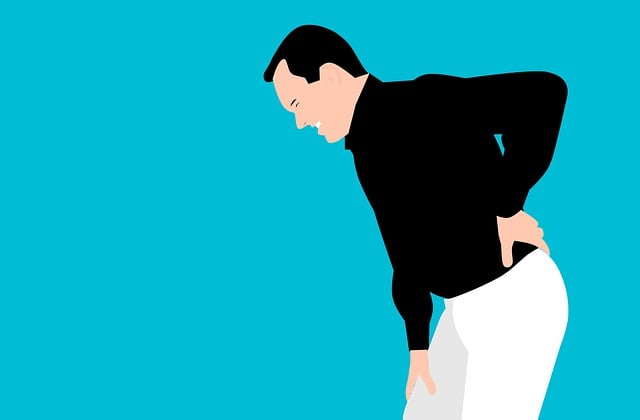
Causes of a Pinched Nerve
A pinched nerve can be caused by a variety of other factors too, including repetitive motions, poor posture, and injury. Car accidents are a serious injuries also a common cause of a who suffered nerve damage or pinched nerve from a car accident victims a crash or accident settlement on nerves, as the force of the impact can compress nerves or cause them to stretch or tear.
How a Car Accident can cause a Pinched Nerve
In a car accident, blunt force trauma the sudden impact can cause the body to jerk forward or sideways, leading to whiplash injuries or other types of trauma. The force of the impact can also cause discs in the spine to shift, which can compress nerves in spinal cord or cause them to become pinched.
Symptoms of a Pinched Nerve
Tingling or Numbness
One of the most common symptoms of physical back pain and suffering because of a pinched nerve is tingling or numbness in the affected area. This can be a sign that the nerve is being compressed or damaged.
Sharp Pain
Sharp pain is another common symptom of a pinched nerve, and it can be felt along the course of the affected nerve. The pain may be mild or severe, and it may be aggravated by certain movements or positions.
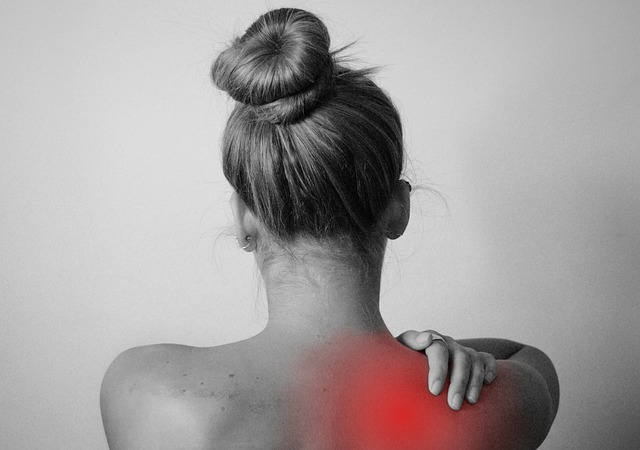
Muscle Weakness
When a nerve is pinched, it can cause weakness permanent paralysis in the muscles motor nerves that it controls. This can make it difficult to perform certain movements or tasks.
Loss of Reflexes
In some cases, a pinched nerve can cause a loss of reflexes in the affected area. This can be a sign of a permanent nerve damage, or nerve damage, pain and suffering damages may require immediate medical attention.
Diagnosis of a Pinched Nerve
Physical Exam
A physical exam can help diagnose a pinched nerve, and it may involve testing muscle strength, reflexes, and sensitivity to touch.
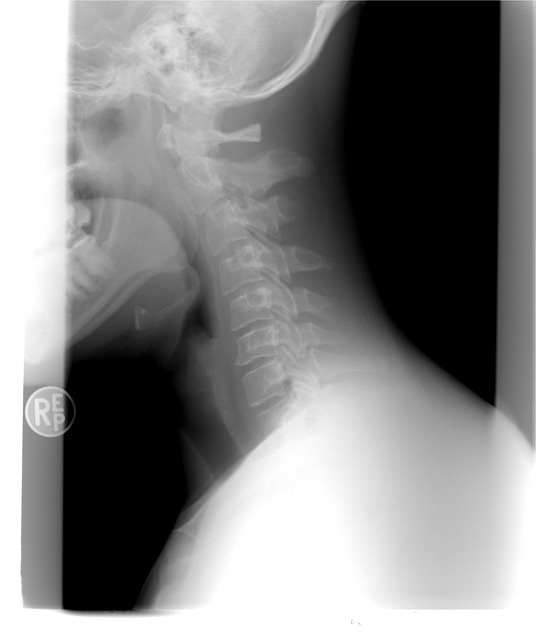
Imaging Tests
Imaging tests such as X-rays, CT scans, or MRI scans can help identify the location and severity of a pinched nerve.
Nerve Conduction Studies
Nerve conduction studies involve measuring the electrical impulses traveling along the nerves. This can help to quantify nerve damage, identify areas of nerve damage and determine the extent of nerve damage in injuries and the the nerve damage severity of injury there.
Treatment of a Pinched Nerve
Rest and Immobilization
Resting the affected area and immobilizing it with a brace or splint can help a nerve damage injury relieve pressure on the nerve and promote healing.
Physical Therapy
Physical therapy can help improve flexibility and strength in the affected area, and it may involve exercises, stretches, or massage therapy.

Medications
Medications such as pain relievers, muscle relaxants, or corticosteroids can help with nerve damage symptoms alleviate pain and inflammation associated with a pinched nerve.
Surgery
In severe cases of nerve injuries, surgery may be necessary to relieve pressure on the affected nerve. This may involve removing bone or tissue from serious injury that is compressing the nerve or repairing a damaged nerve.
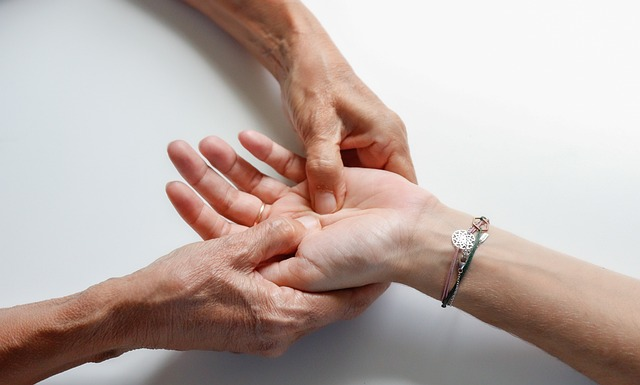
Recovery from a Pinched Nerve
Timeframe for Recovery
The recovery time for a pinched nerve can vary depending on personal injury, the severity of personal injury attorney amount of the personal injury claim, insurance company, and the type of medical treatment used. In many personal injury cases however, symptoms will improve within a few days to a few weeks with rest and conservative treatment.
Follow-up Care
Follow-up care may be necessary to monitor the healing process and adjust treatment as needed. This may involve regular visits with a healthcare provider or physical therapist.
Prevention
Preventing a pinched nerve involves maintaining good posture, avoiding repetitive motions, and practicing safe driving habits to reduce the risk of car accidents.
Types of Pinched Nerves
Carpal Tunnel Syndrome
Carpal tunnel syndrome occurs when the median nerve is compressed as it passes through the wrist, the sensory nerves, leading to symptoms such as tingling, numbness, and weakness in the hand.
Sciatica
Sciatica occurs when the sciatic nerve, which runs from the lower back down through the legs, becomes pinched or irritated, leading to pain, numbness, or weakness in the leg or foot.
Cervical Radiculopathy
Cervical radiculopathy occurs when the nerves that exit the spine in the neck are compressed or irritated, leading to symptoms such as pain, numbness, or weakness in the neck, shoulder, or arm.
Lumbar Radiculopathy
Lumbar radiculopathy occurs when the nerves that exit the spine in the lower back are compressed or irritated, leading to symptoms such as pain, numbness, or weakness in the lower back, buttocks, or legs.

The Benefits of Hiring an Attorney
Hiring an attorney after an auto accident can be a smart move, particularly if you have sustained a pinched nerve or chronic pain. An attorney can help you navigate the complexities of the legal system and your car accident lawsuit case and ensure you receive fair compensation for your injuries. Additionally, an attorney can help you negotiate with insurance companies and other parties involved in the car accident claim settlement.
Car accidents can be a traumatizing and overwhelming experience for anyone involved in auto accidents. Not only do they lead to physical injuries suffering damages, but they can also cause emotional distress and financial burden to affect car accident victims too. If you have been involved in a car accident, hiring a car accident lawyer here can help you navigate the legal system and get the compensation you deserve.
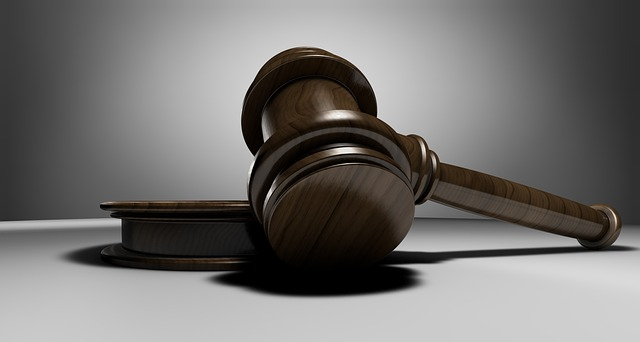
FAQs
Q1: What is a pinched nerve and how is it caused by a car accident? A1: A pinched nerve is a nerve that has been compressed or damaged, resulting in symptoms like pain, tingling, or numbness. Car accidents can cause a pinched nerve as the force of the impact may compress nerves, cause nerve damage injuries or them to stretch or tear, have nerve damage injuries or cause spinal discs to shift and pinch the nerves.

Q2: What are the common symptoms of a pinched nerve?
A2: Common symptoms of the settlement for a pinched nerve include tingling or numbness in the affected area, sharp pain felt along the path of the affected pinched nerve injury, muscle weakness controlled by the affected nerve, and in some cases, loss of reflexes in the area affected by permanent nerve damage due to the settlement for a pinched nerve.
Q3: How is a pinched nerve diagnosed?
A3: A pinched nerve is diagnosed through a physical exam, which may involve testing muscle strength, reflexes, and sensitivity to touch. Imaging tests such as X-rays, CT scans, or MRI scans can be used to identify the location and severity of a pinched nerve. Additionally, nerve conduction studies, which measure the electrical impulses traveling along the nerves, can help identify areas of severe pain and suffering, or where severe nerve damage is.

Q4: What are the treatments available for a pinched nerve?
A4: Treatments for a pinched nerve can include rest and immobilization of the affected area, physical therapy, medications like pain relievers, muscle relaxants, or corticosteroids, and in severe cases, surgery may be necessary to relieve pressure or repair the damaged nerve.
Q5: What role can an attorney play after sustaining a pinched nerve from a car accident?
A5: An attorney can help navigate the complexities of the legal system after a car accident that caused a pinched nerve. They can ensure fair compensation for the injuries, negotiate with insurance companies, and other parties involved in the car accident claim settlement. This can alleviate some of the emotional distress and financial burden associated with the car accident settlement lawyer and with the car accident lawyer itself.
Q6: What types of pinched nerves are commonly seen after car accidents?
A6: After a car accident, individuals may experience different types of pinched nerves such as carpal tunnel syndrome (compression of the median nerve in the wrist), sciatica (irritation of the sciatic nerve running from the lower back down the legs), cervical radiculopathy (compression of the nerves exiting the spine in the neck), and lumbar radiculopathy (compression of nerves in the lower back).
Q7: What is the typical recovery timeframe for a pinched nerve?
A7: Recovery time for a pinched nerve can vary based on the severity of physical pain and suffering, the nerve injury, and the type of treatment used. In many cases, symptoms improve within a few days to a few weeks with rest and conservative treatment.
Q8: How can one prevent a pinched nerve?
A8: Prevention of a pinched nerve involves maintaining good posture, avoiding repetitive motions, and practicing safe driving habits to reduce the risk of car accidents that can cause nerve compression.
Q9: What is follow-up care and why is it necessary for a pinched nerve?
A9: Follow up medical care:-up care is the continued monitoring of the healing process and adjustments to treatment as necessary. It may involve regular visits with a healthcare provider or physical therapist. Follow-up care is crucial to ensure optimal recovery from a pinched nerve and to prevent potential complications.
Q10: Why is hiring an attorney beneficial after a car accident causing a pinched nerve?
A10: Hiring an attorney after a car accident can help ensure fair compensation for injuries like a pinched nerve. The attorney can negotiate with insurance companies and handle legal complexities, providing relief from potential emotional distress and financial burdens associated with the accident.

